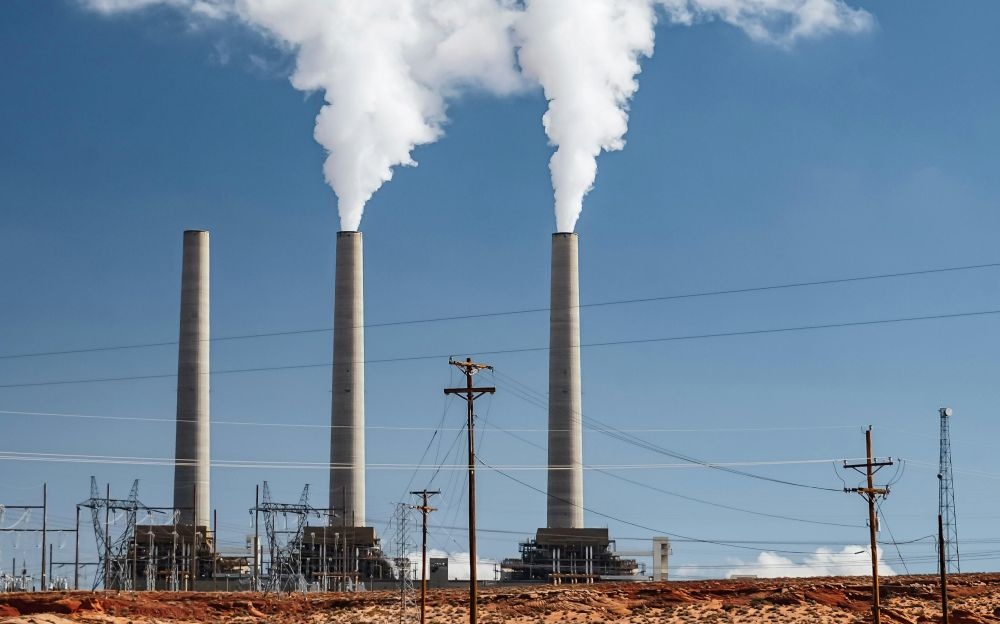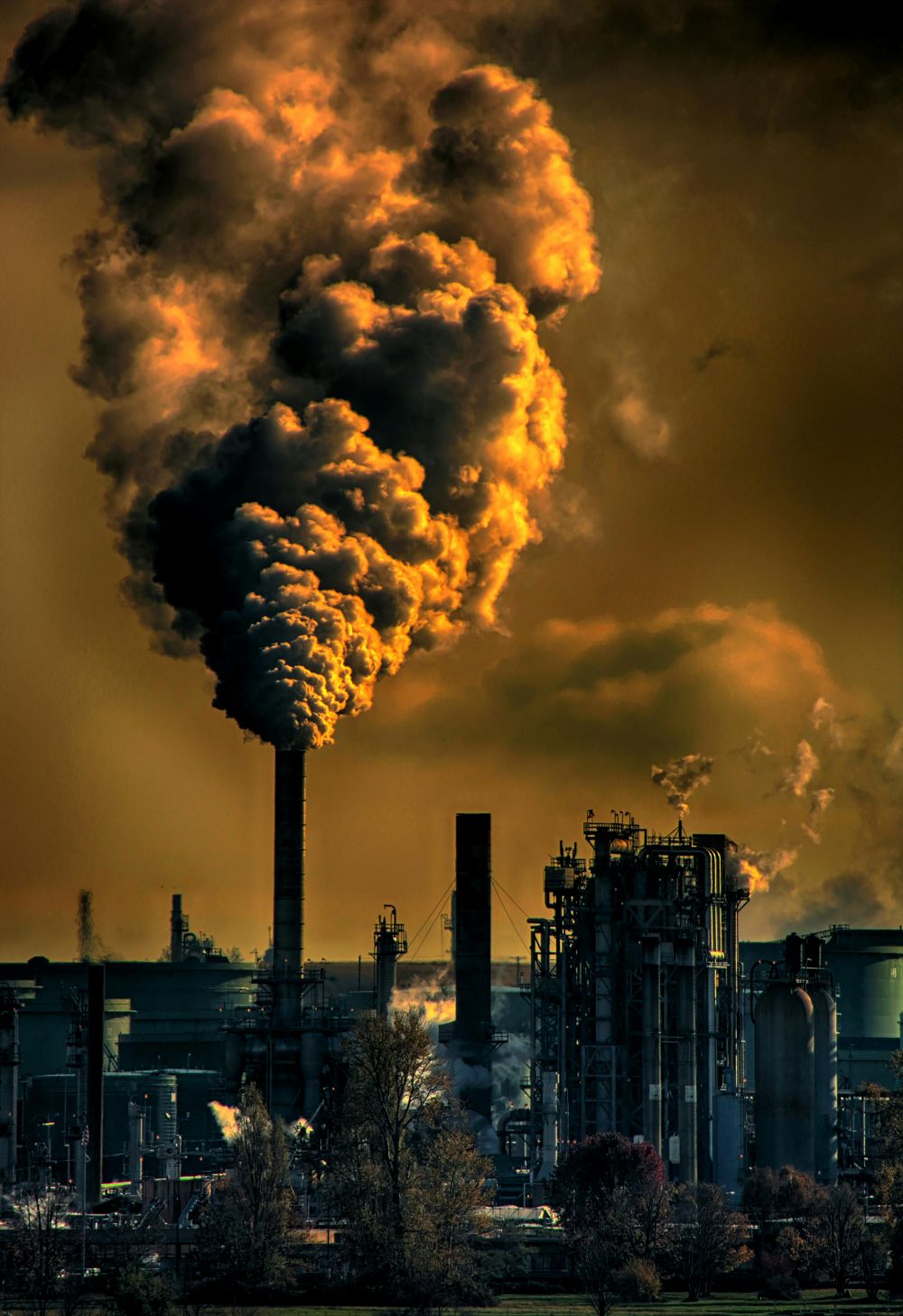EPA moves to roll back greenhouse gas regulations, sparking controversy and legal challenges.
The Environmental Protection Agency (EPA) has announced plans to revisit a key decision made in 2009 regarding greenhouse gases and their impact on public health. This decision has long served as the basis for various greenhouse gas policies aimed at controlling emissions and addressing climate-related risks. The agency’s move signals a broader effort to roll back existing environmental regulations, a shift that has drawn both praise and criticism from different sectors.
The 2009 determination identified six greenhouse gases—carbon dioxide, methane, nitrous oxide, hydrofluorocarbons, perfluorocarbons, and sulfur hexafluoride—as contributing to health risks. This finding paved the way for stricter controls on industries producing high levels of emissions. Now, officials are questioning whether the initial assessment should still stand, arguing that economic growth and energy security should be weighed alongside environmental concerns.
Recent statements from the EPA suggest that regulatory rollbacks will extend beyond just emissions policies. A total of 31 regulations have been targeted for potential revision or repeal. These include measures affecting coal-fired power plants, vehicle emissions, industrial pollution standards, and rules governing wastewater disposal from oil and gas extraction facilities. In addition, the agency is looking to narrow the definition of waterways protected under the Clean Water Act, a change that could have significant implications for wetlands and smaller streams.

The agency’s current leadership has framed these changes as necessary steps toward reducing government overreach and promoting economic stability. EPA Administrator Lee Zeldin described the initiative as a way to move away from what he termed restrictive policies that limit industry and consumer choice. He emphasized that the administration is committed to removing barriers that could hinder energy production and economic growth.
Notably, the EPA is also eliminating positions related to diversity, equity, and environmental justice. The agency cited recent executive orders as the reason for this move, asserting that such programs do not align with its revised priorities. Critics argue that this decision could disproportionately affect communities that have historically faced higher levels of pollution and environmental hazards.
Climate experts and environmental advocates have expressed strong opposition to these rollbacks. Many believe that any attempt to weaken environmental protections will face legal challenges, particularly given the extensive scientific evidence linking greenhouse gases to global climate shifts and public health concerns.
Some scientists view the EPA’s latest actions as part of a broader trend of dismissing climate concerns in favor of short-term economic benefits. Michael Mann, a climate scientist at the University of Pennsylvania, has been particularly vocal in criticizing these changes, calling them another form of climate denial. He contends that while outright climate change denial has become less common, the new approach seeks to downplay the severity of environmental threats, despite overwhelming scientific data showing the risks associated with rising global temperatures.
Opponents of the regulatory changes also worry about the long-term consequences of weakening emissions standards. Lowering restrictions on pollutants could lead to an increase in air quality issues, which have been linked to respiratory diseases, heart conditions, and other health complications.
Supporters of the EPA’s approach, on the other hand, argue that previous greenhouse gas regulations placed undue burdens on businesses and restricted economic growth. They believe that reassessing these rules will allow industries to thrive while still encouraging voluntary environmental responsibility. Some within the energy sector have welcomed the move, viewing it as a way to maintain competitiveness without what they see as excessive government interference.
While the debate over these changes continues, legal challenges are almost certain. Environmental organizations, state governments, and public health advocates have already signaled that they will contest any efforts to weaken greenhouse gas protections. Given the importance of emissions regulations in broader climate agreements and national environmental policies, the outcome of these decisions could have far-reaching effects.
The process of reconsidering and potentially reversing these regulations is expected to take years, with various steps including public comments, impact assessments, and potential court battles. In the meantime, the discussion surrounding environmental policy, economic growth, and public health will remain a contentious issue. Observers will be watching closely to see how these proposed changes unfold and what implications they may have for the future of environmental regulation in the country.
Sources:
EPA to review landmark finding that greenhouse gases threaten public health
The ‘endangerment finding’ is essential to fighting climate change. ump’s EPA wants to rescind it


Join the conversation!